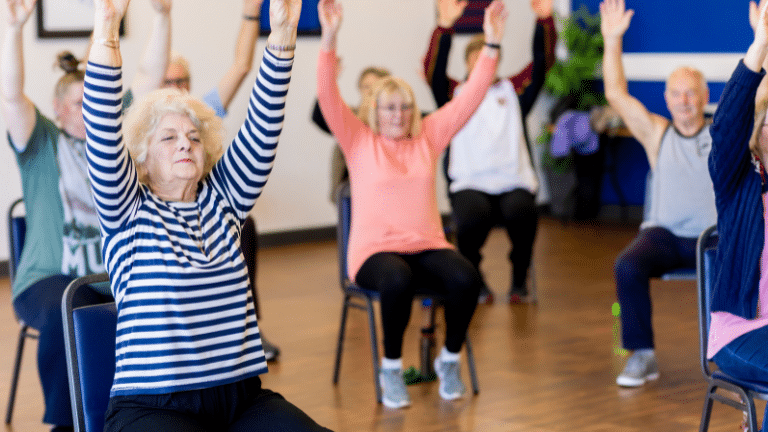
As the world continues to contend with the aftermath of the COVID-19 pandemic, a significant number of individuals are facing prolonged health challenges well after their initial recovery from the virus – a condition known as long COVID.
Whilst everyone recovers from COVID-19 differently, the condition, known as long COVID, presents a complex array of physical, mental or emotional symptoms that persist for more than 12 weeks after first testing positive to COVID-19. These symptoms can be mild or severe and can change day-to-day. While fatigue is a common symptom of long COVID, findings from researchers at HMRI have shown that chest symptoms such as shortness of breath are also common.
People with chronic diseases, like type 2 diabetes, are more likely to develop severe COVID-19 illness than the general population and are therefore at greater risk of developing long COVID.
The persistent effects of long COVID can complicate diabetes management, making it challenging to maintain blood sugar control. Symptoms like shortness of breath impair daily functioning and can limit participation in physical activity. This reduction in activity is problematic because exercise is crucial for managing type 2 diabetes, offering benefits such as improved blood sugar control, improved heart health, and a lower risk of diabetes-related complications.
Dr Emily Cox, an accredited exercise physiologist and researcher from the University of Newcastle and HMRI’s Active Living and Learning Research Program, is investigating how a personalised, eight-week exercise program, specifically targeting people living with type 2 diabetes who are experiencing long COVID symptoms, can assist with their safe return to or uptake of exercise.
The research study, funded by Diabetes Australia, hopes aims to improve the prescription and delivery of exercise and will mirror the structure of the current Medicare-subsidised type 2 diabetes group exercise program scheme.
“We would like to compare the effects of a specialised long COVID symptom-guided exercise program with current diabetes care services” says Dr Cox. “It is important that people who are experiencing symptoms such as shortness of breath are prescribed exercise that is safe and effective for them.”
“It is hoped that this research will contribute to the currently limited evidence base for utilising exercise in people with type 2 diabetes and long COVID, so that it may be recommended as part of routine clinical care.”
The study invites people aged 18+ living with type 2 diabetes who have also had COVID-19 more than 12 weeks ago and are experiencing ongoing symptoms that are impacting their ability to exercise, to participate.
To find out more you can download the participant information statement here
If you are interested in participating, please contact Dr Emily Cox on 02 4985 4515 or email
[email protected]
HMRI would like to acknowledge the Traditional Custodians of the land on which we work and live, the Awabakal and Worimi peoples, and pay our respects to Elders past and present. We recognise and respect their cultural heritage and beliefs and their continued connection to their land.

Hunter Medical Research Institute
We’re taking healthy further.
Locked Bag 1000
New Lambton
NSW, Australia, 2305



This site is protected by reCAPTCHA and the Google Privacy Policy and Terms of Service apply.
Copyright © 2024 Hunter Medical Research Institute | ABN: 27 081 436 919
Site by Marlin Communications
